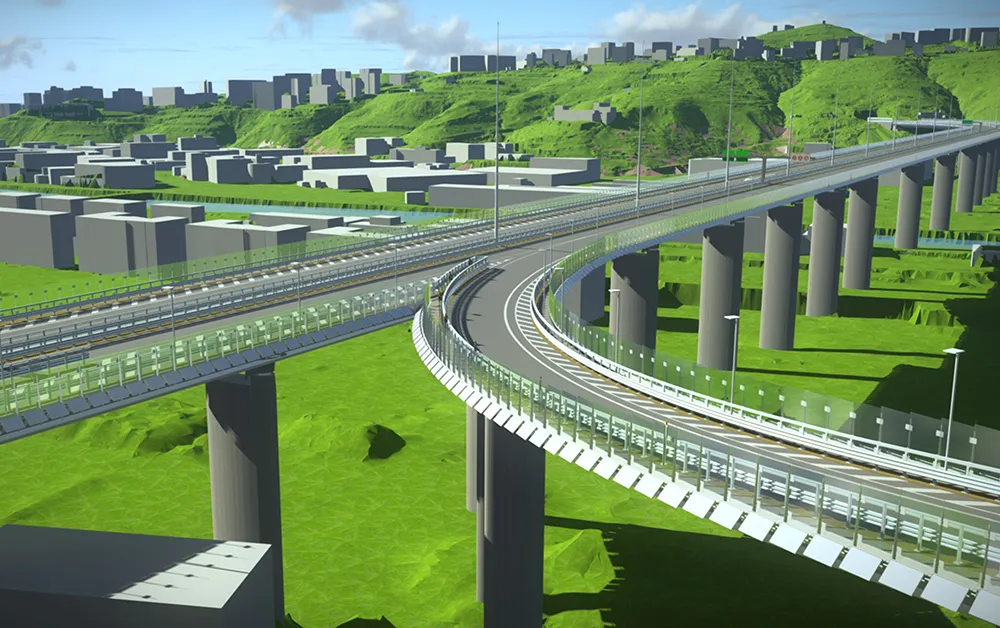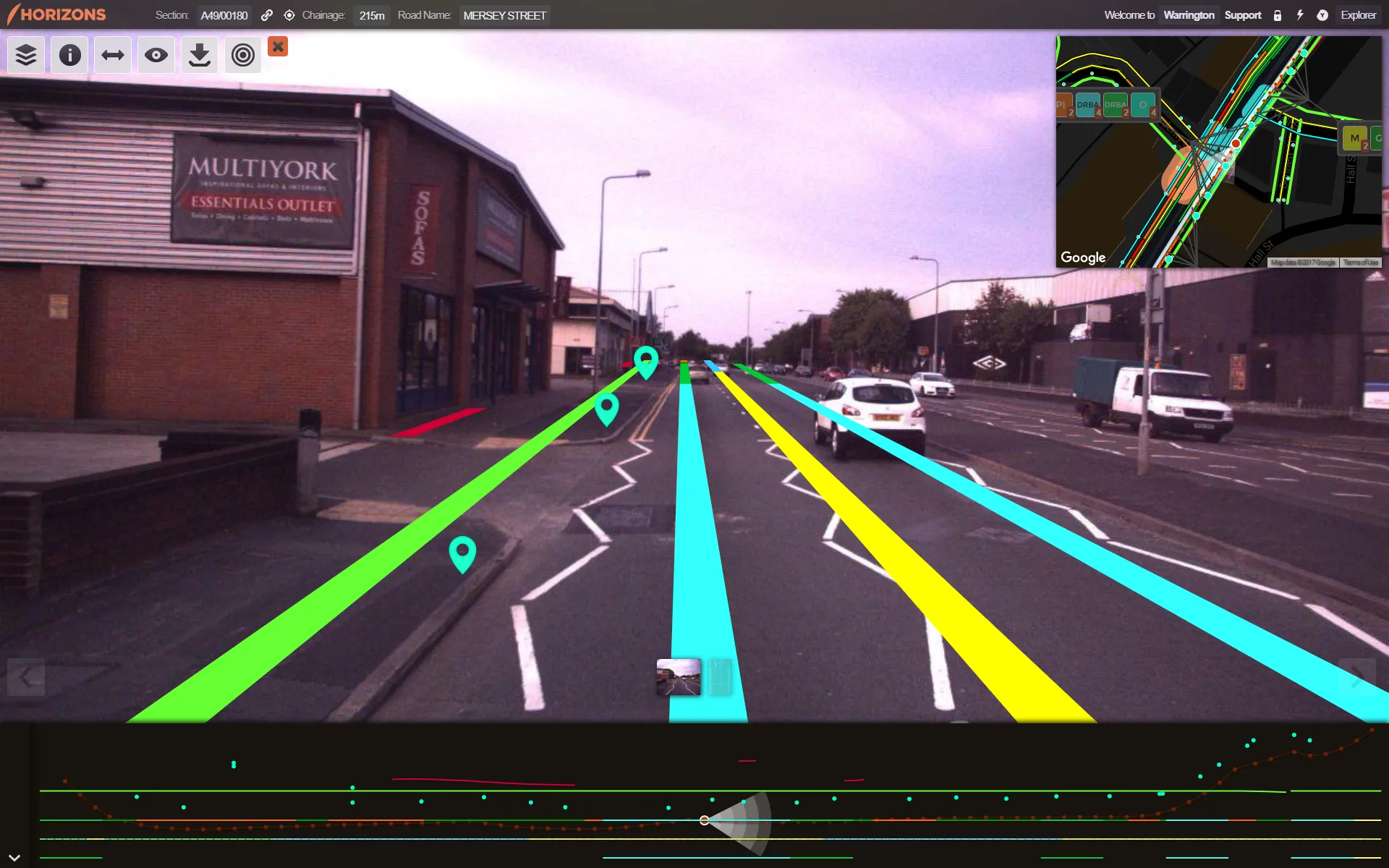Michael Baker International completed a US$7 million project for the US state of Pennsylvania collecting nearly 20 million data fields from over 8,600 traffic signals
During the year-long project, the engineering, planning and consulting business worked with PennDOT’s Traffic Signal Asset Management System. It collected nearly 20 million data fields for each of the 8,623 traffic signals analysed.
The data has populated a centralised database to support PennDOT’s planning, design, maintenance and oper
February 6, 2017
Read time: 2 mins
Michael Baker International completed a US$7 million project for the US state of Pennsylvania collecting nearly 20 million data fields from over 8,600 traffic signals
During the year-long project, the engineering, planning and consulting business worked with4907 PennDOT’s Traffic Signal Asset Management System. It collected nearly 20 million data fields for each of the 8,623 traffic signals analysed.
The data has populated a centralised database to support PennDOT’s planning, design, maintenance and operational decision-making.
“Pennsylvania is unique in that its traffic signals are owned and maintained by Commonwealth [state] municipalities and not PennDOT, which has resulted in varying standards of maintenance and operation care from municipality-to-municipality,” said Steve Barber, vice president and Harrisburg office executive for Michael Baker International.
Michael Baker team employed its mobile Light Detection and Ranging (LiDAR)-equipped vans to efficiently collect all necessary data. Since all LiDAR data was collected at the intersections, PennDOT can now review data on other non-signal infrastructure assets at the intersections.
In 2013, Pennsylvania passed Act 89 that calls for an additional $2.4 billion funding over five years. PennDOT identified traffic signals as an area of necessary investment for this spend.
PennDOT established the Green Light-Go programme to manage the dedicated traffic signal funding and corresponding maintenance and operations projects. A by-product of this programme was implementation of the Traffic Signal Asset Management System, for which Michael Baker led the data collection through coordination with the PennDOT Central Office and each of their engineering districts.
During the year-long project, the engineering, planning and consulting business worked with
The data has populated a centralised database to support PennDOT’s planning, design, maintenance and operational decision-making.
“Pennsylvania is unique in that its traffic signals are owned and maintained by Commonwealth [state] municipalities and not PennDOT, which has resulted in varying standards of maintenance and operation care from municipality-to-municipality,” said Steve Barber, vice president and Harrisburg office executive for Michael Baker International.
Michael Baker team employed its mobile Light Detection and Ranging (LiDAR)-equipped vans to efficiently collect all necessary data. Since all LiDAR data was collected at the intersections, PennDOT can now review data on other non-signal infrastructure assets at the intersections.
In 2013, Pennsylvania passed Act 89 that calls for an additional $2.4 billion funding over five years. PennDOT identified traffic signals as an area of necessary investment for this spend.
PennDOT established the Green Light-Go programme to manage the dedicated traffic signal funding and corresponding maintenance and operations projects. A by-product of this programme was implementation of the Traffic Signal Asset Management System, for which Michael Baker led the data collection through coordination with the PennDOT Central Office and each of their engineering districts.








